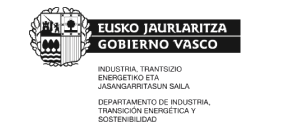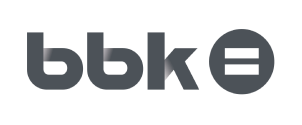Abstract
This paper aims to study whether international niche market leaders (INMLs) gained their leading position as early mover or diligent follower, and assess whether they leveraged hard or soft forms of technological, supply pre-emption and customer lock-in advantage mechanisms.
Design/methodology/approach
Empirical material stems from qualitative and quantitative data on a sample of 20 niche companies from the Basque Country (Spain) that operate in business to business markets.
Findings
The sample predominantly followed an early entrant strategy and applied soft measures to reach niche market leadership.
Research limitations/implications
Findings imply that early entering fosters conquering leadership in niche markets, that pioneer advantage is easier to sustain in niches than in mainstream markets, and that soft measures are more effective in niche markets than in larger markets. A limitation to our findings is that they follow from explorative research on a sample of firms from a reduced geographic setting.
Practical implications
Hidden champions and INMLs can be important sources of technological progress and economic value for the localities that host them. Therefore, despite their traditional low profile and the fact that they are not always the largest firms around, policymakers may want to pay more attention to this type of companies.
Keywords: B2B, International business, Hidden champions, Market entry timing, Niche markets
DOI: 10.1108/CR-10-2022-0158













